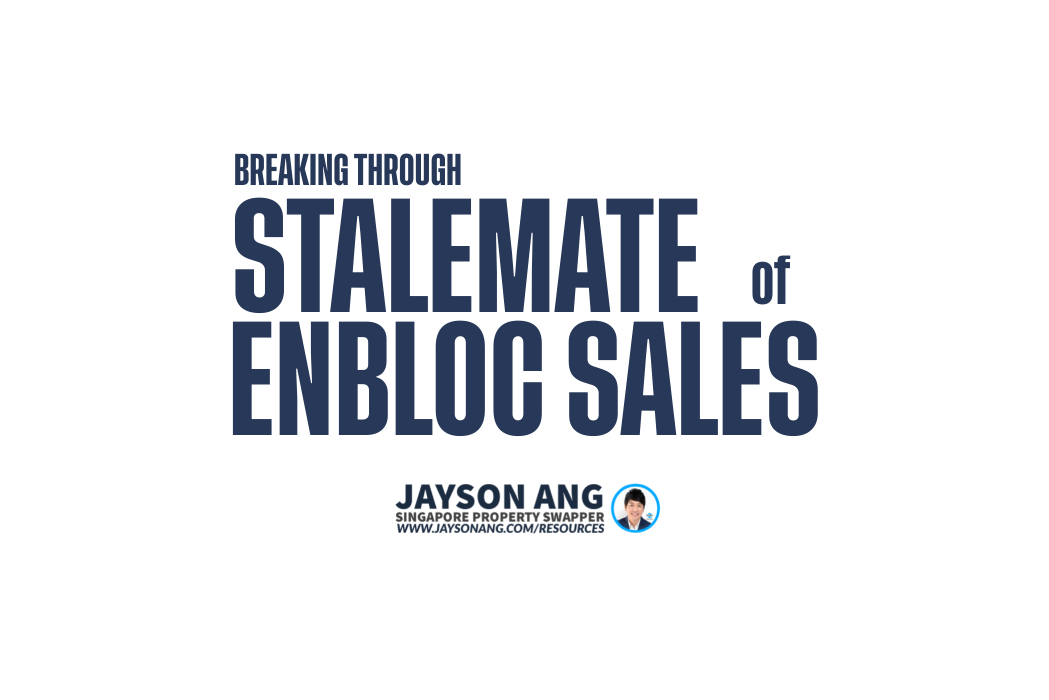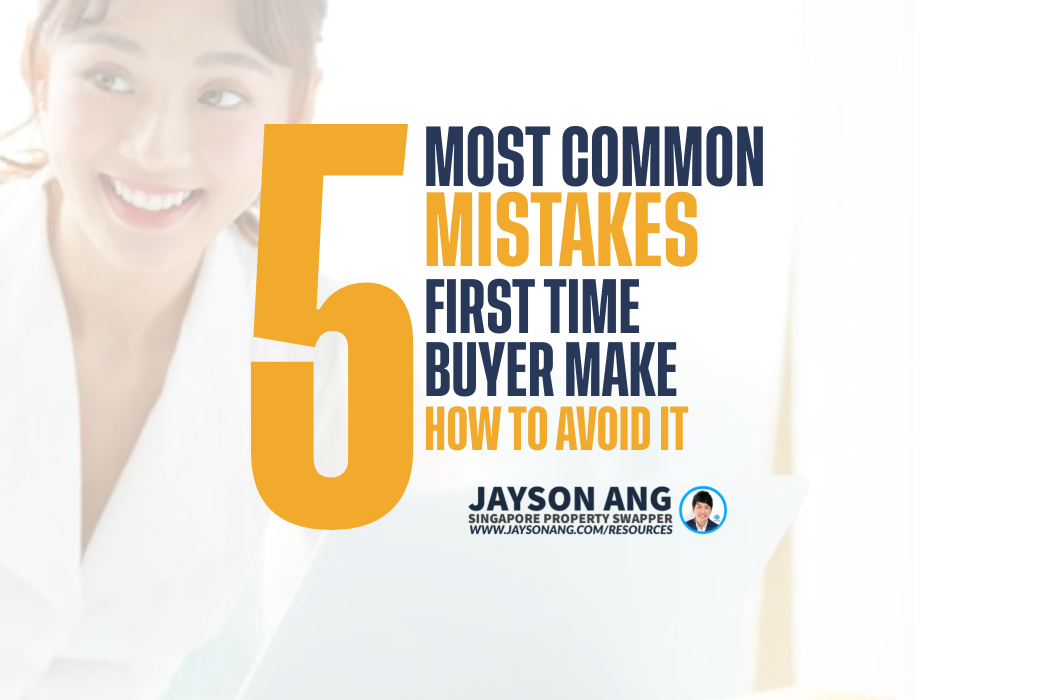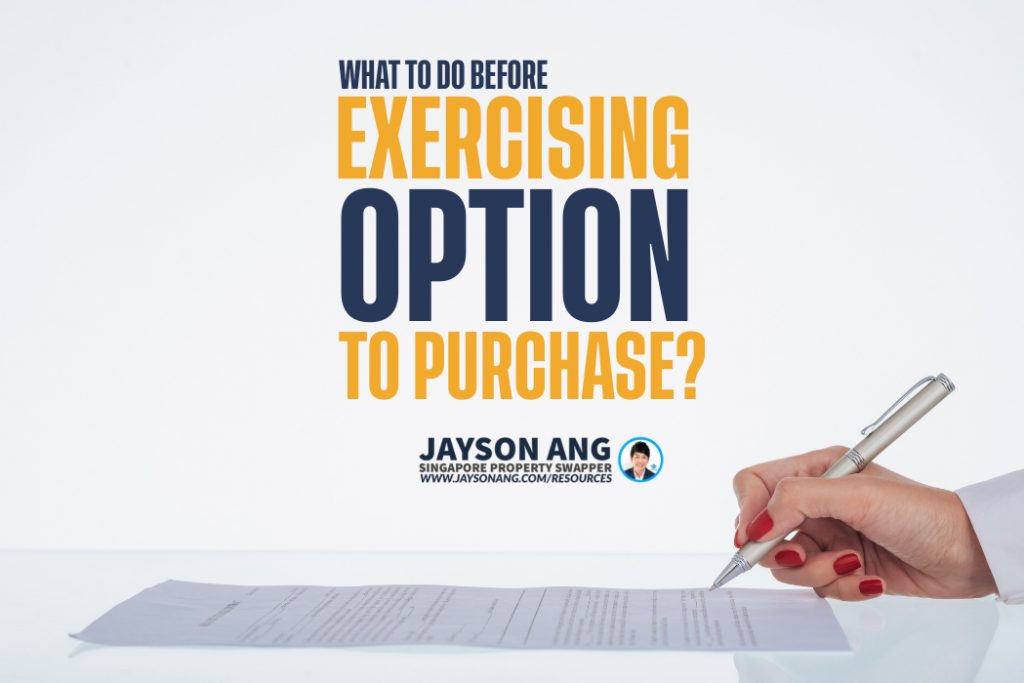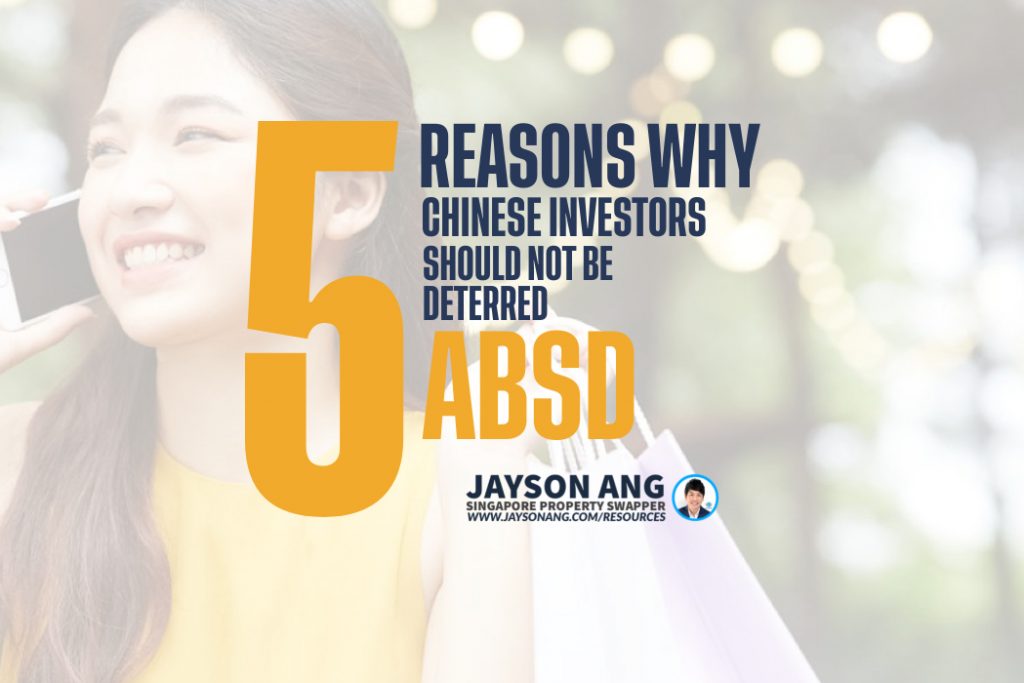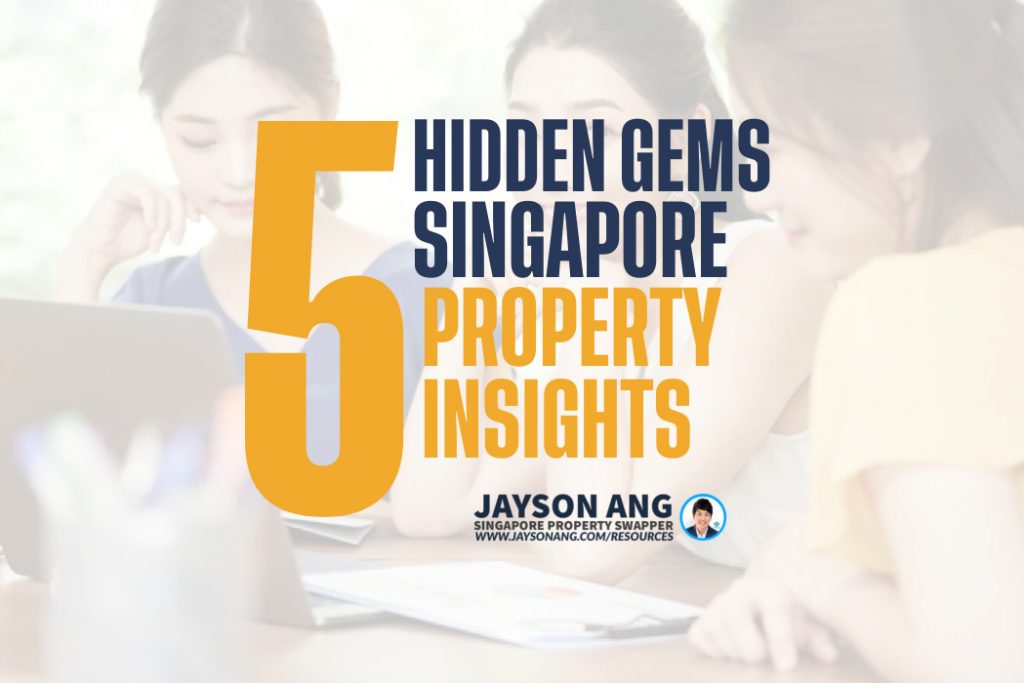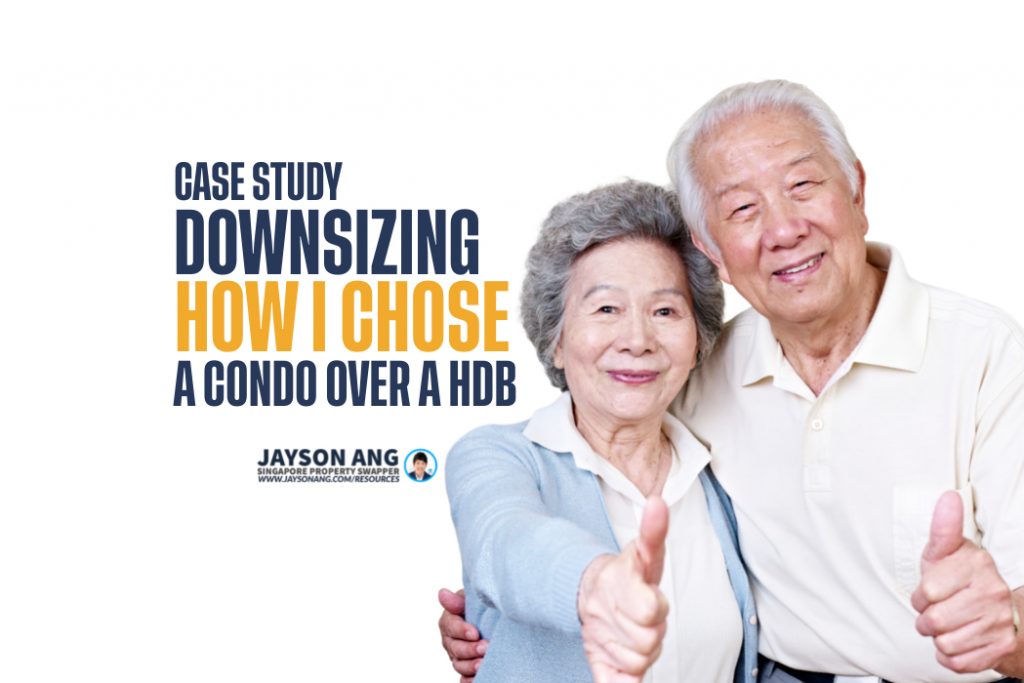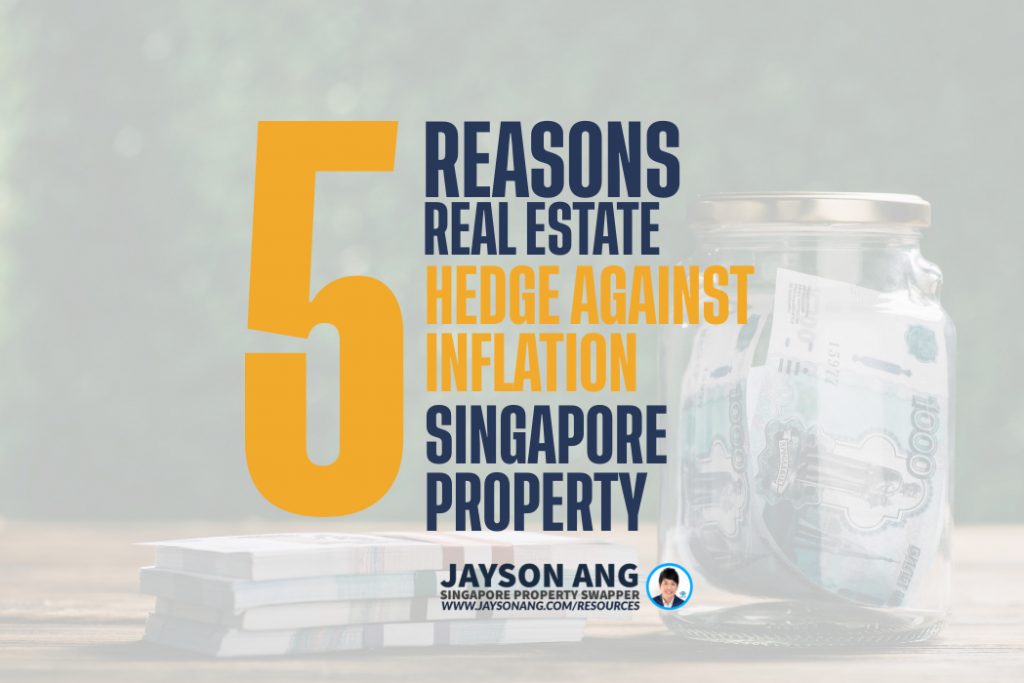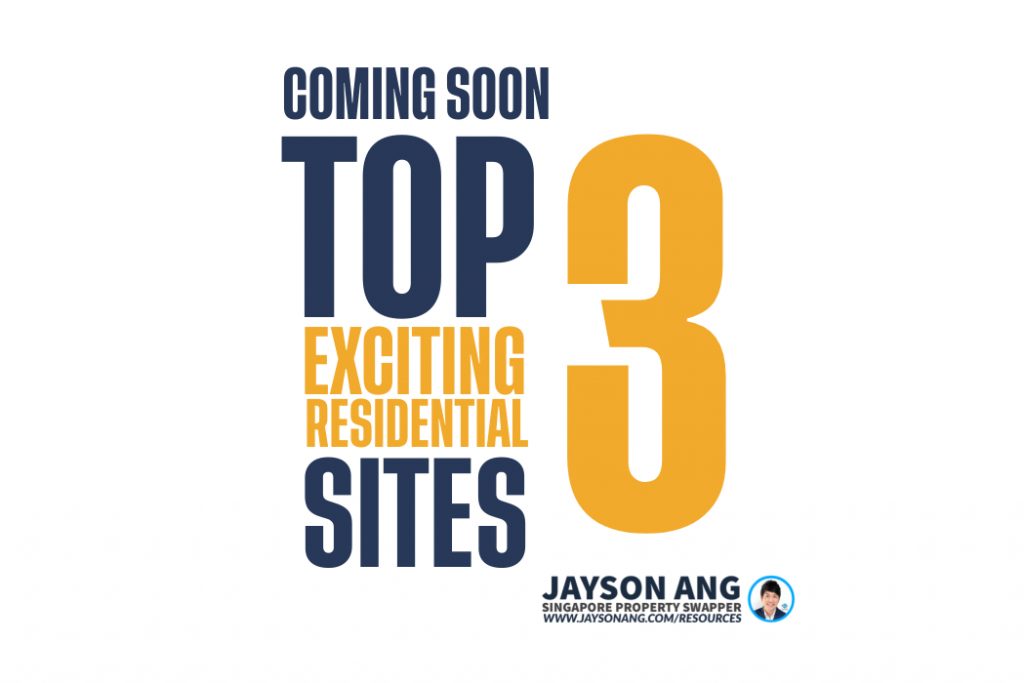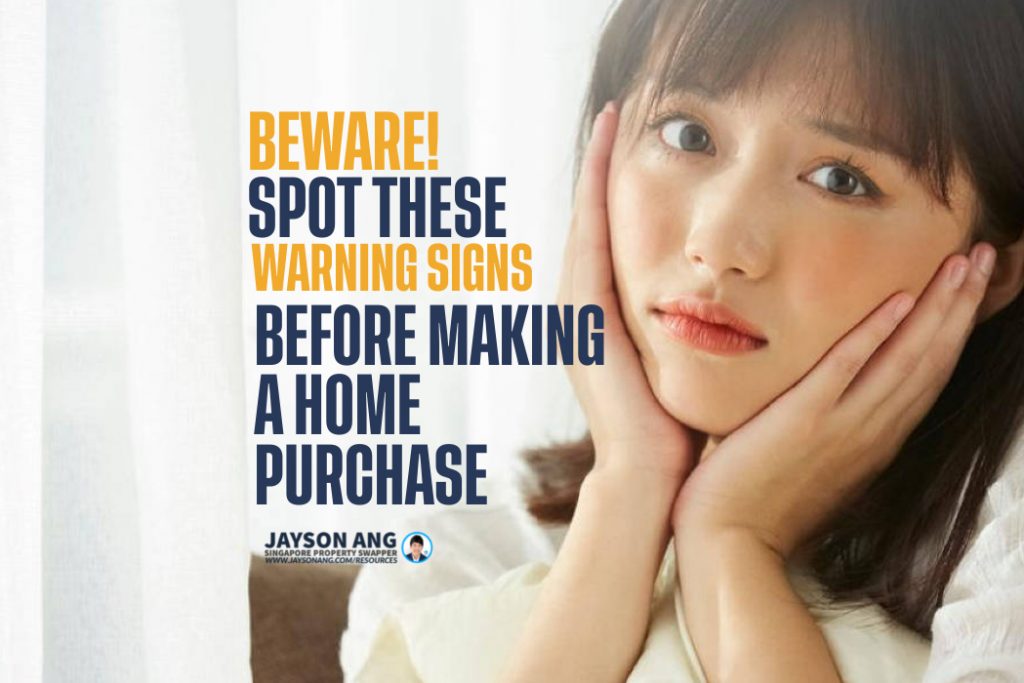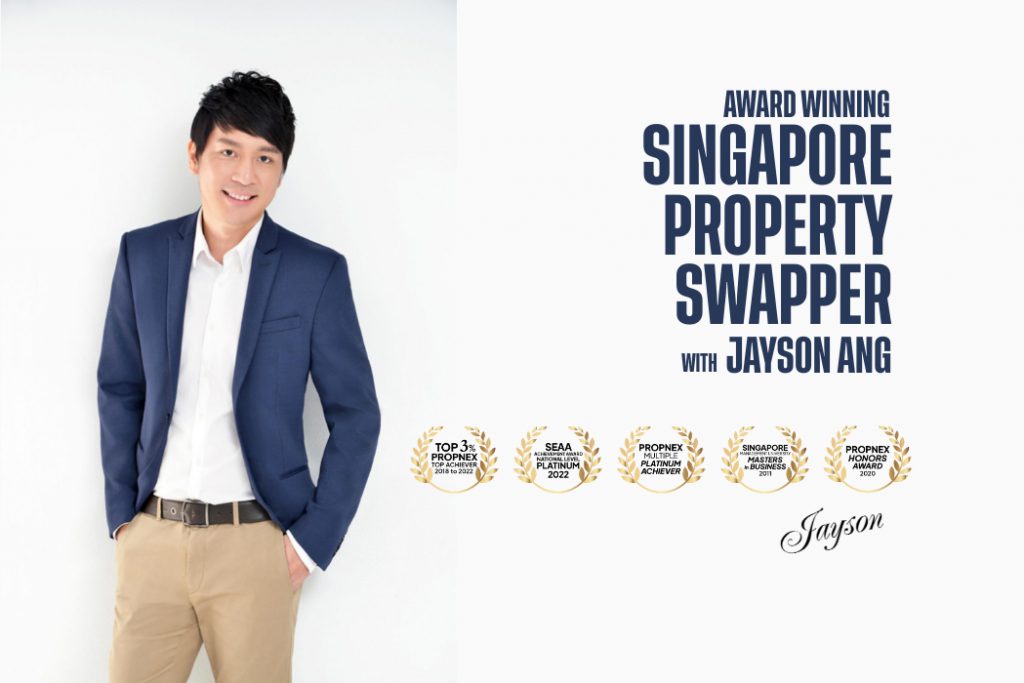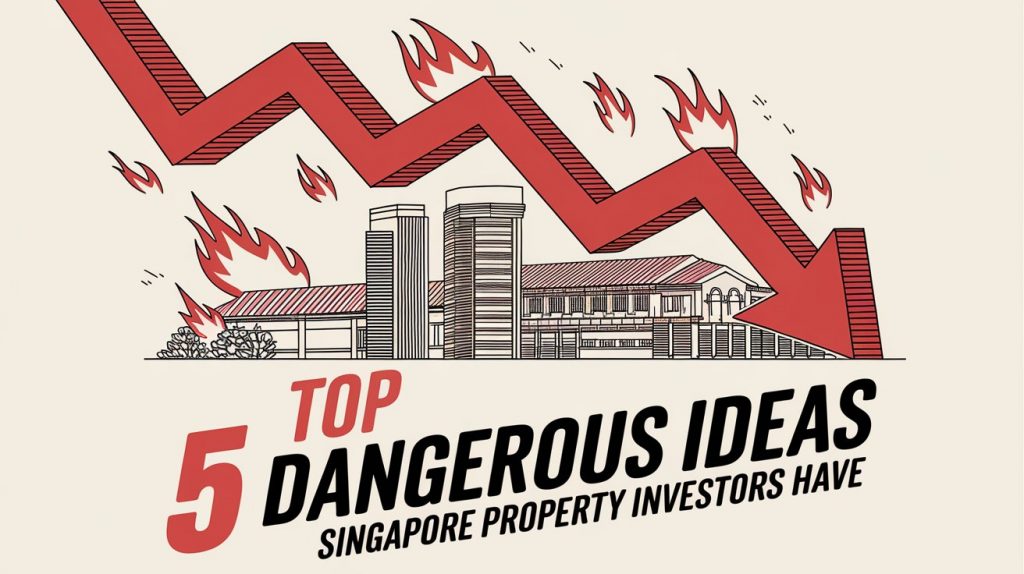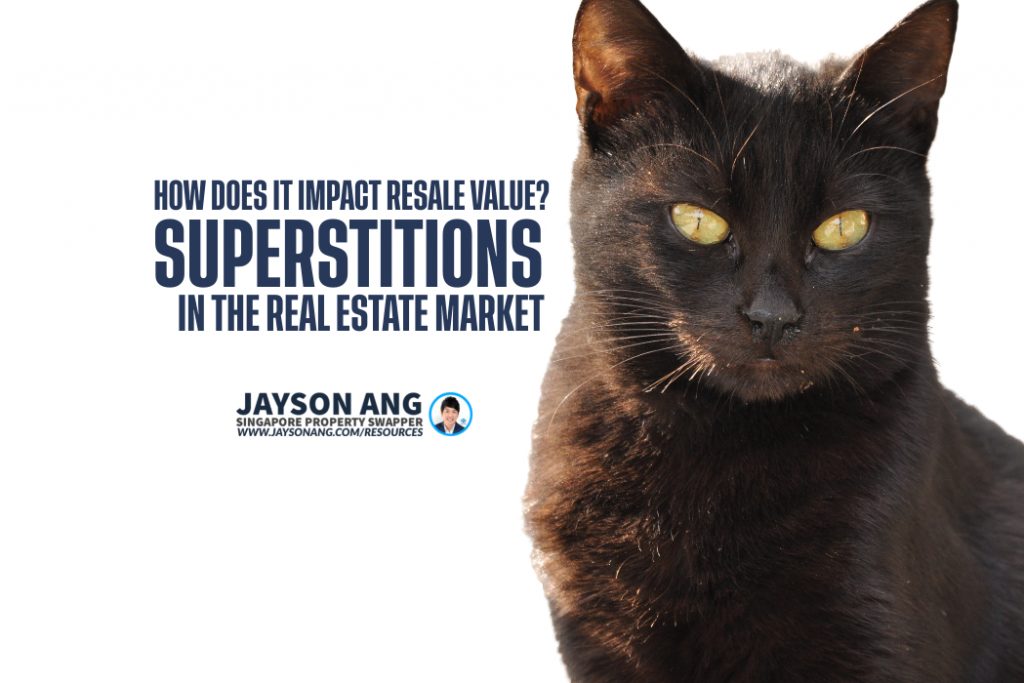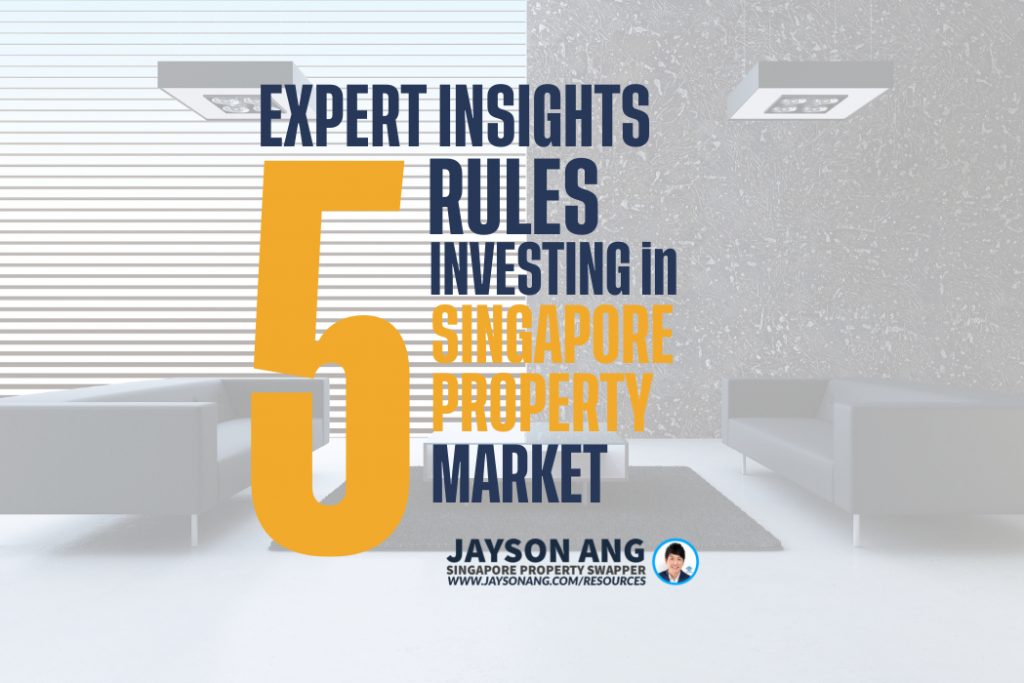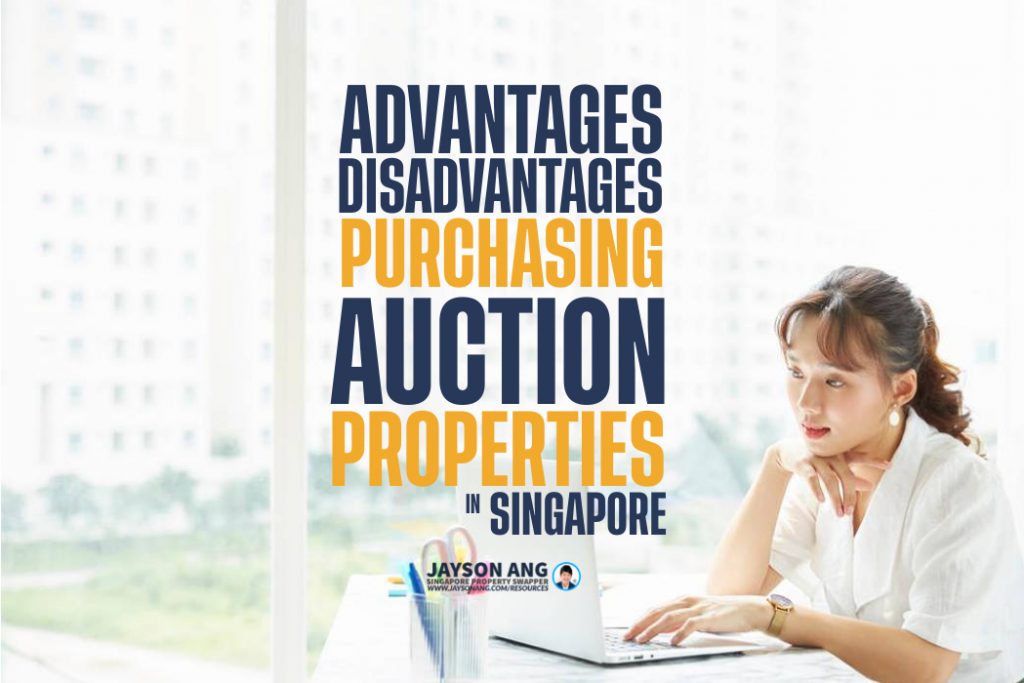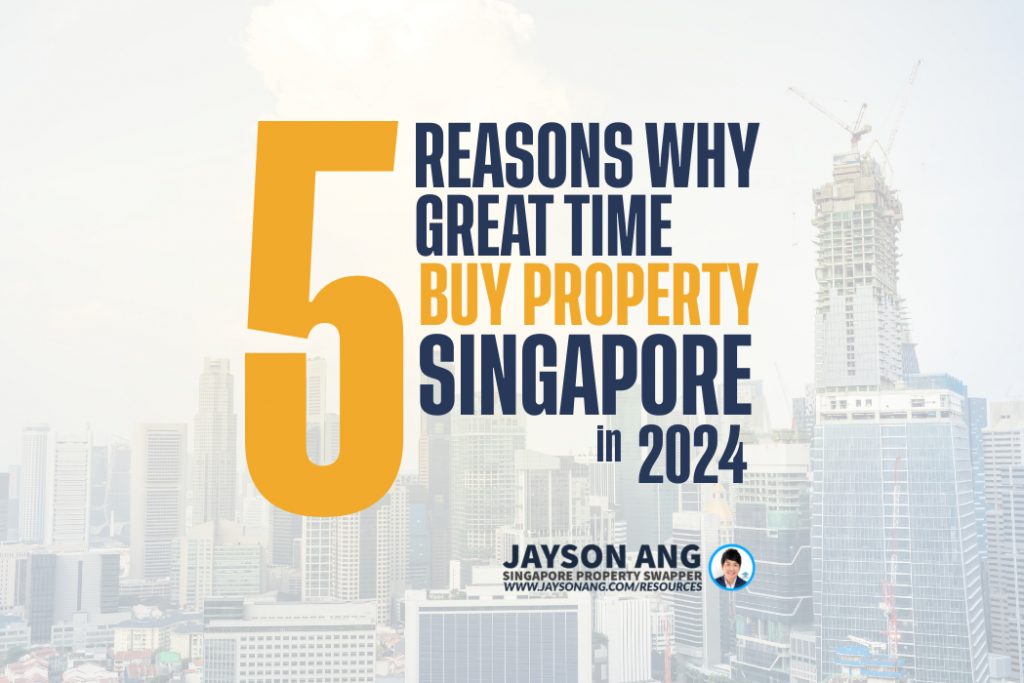TLDR
The recent surge in Additional Buyer’s Stamp Duty (ABSD) rates in Singapore targets mainly foreigners and entities, with rates skyrocketing to 60% and 65%, respectively. This move aims to cool the sizzling real estate market by deterring affluent foreign investors from the pool of potential buyers. The impact on property owners, especially in the Core Central Region (CCR), includes a shrinking buyer pool for foreign buyers but potential growth in the rental market. The new measures may also shift local interest towards CCR properties as competition with wealthy foreign buyers decreases. Overall, experts predict a deceleration in price surges and advise against waiting for discounts as underlying demand remains robust despite the increased ABSD rates.
Like a sudden gust of winter chill, a fresh batch of cooling measures has descended upon us. In a predictable fashion, it was unveiled under the cover of midnight darkness, leaving no room for swift response or reaction. 🤣
ABSD rates have once again taken a leap, a predictable move with home prices still reaching the skies. However, this time, there’s a twist. The plot thickens as foreign buyers are being singled out with an unexpected blow, with their ABSD rate shooting up twice the usual amount, unlike Singaporeans who only experience a three percent rise for their second home purchase.
With the recent spike to a mere 30 per cent in the December 2021 cooling measures, the latest surge to 60 per cent might appear as a formidable barrier for affluent foreigners.
An ABSD Increase That Mainly Targets Foreigners And Entities
The new ABSD rates in Singapore are in full effect. Singapore Citizens purchasing a second property will now face a 20% tax, while those purchasing a third or more will face a 30% tax.
Permanent Residents, on the other hand, will have to pay 30% for their second property and a whopping 35% for their third or subsequent property.
Foreigners and non-developer entities will feel the heat as well, with ABSD rates skyrocketing to 60% and 65%, respectively.
And for those of you thinking of buying property on trust, beware! The 65% tax on entities applies to trust purchases as well.
Don’t forget, the ABSD rates for the first property remain unchanged for Singapore Citizens and PRs, and developers will still be hit with a 35% tax.
Keep these new rates in mind before you make your next big property purchase!
The Decision To Target Foreigners Is Unexpected
In the latter part of last year, I emphasized the small presence of foreign buyers in property transactions, with only 3.3 per cent and 0.4 per cent attributed to them and entities, respectively. Aside from the minor statistics, there’s also the intrigue surrounding the specific types of properties that these international buyers tend to favor.
As per my observations of many seasoned realtors, foreign buyers have a palpable appetite towards luxurious properties located in prime locations – such as the district 9 or 10 condominiums, or even the huge bungalows nestled in the scenic expanse of Sentosa Cove.
Frankly speaking, these affluent foreigners acquire the kind of real estate that would leave the average Singaporean envious and out of reach. Consequently, this is where certain real estate agents find themselves unable to explain or, unable to justify their decision to target such an exclusive demographic.
Moreover, although this tax may appear burdensome at first glance, it’s hardly a stumbling block for the uber-wealthy. The opulent and exclusive GCBs in this locale are beyond their purchasing power, and even the grandiose penthouses hardly command prices that can rival those of London or New York.
The surge of foreign investments in CCR condos has left the region vulnerable to the effects of the recent cooling measure. Ironically, this area has also experienced the least amount of price growth. A mere 3.6% increase in prices between 2013 to 2022, compared to the staggering 32% and 37% rise in RCR and OCR, respectively. It’s a curious case, where the very ones who bring in the investment could be the ones impacted the most.
As we contemplate the government’s actions, it is but a mere speculation that they possess knowledge beyond our comprehension. On the ground observations may follow : an slow down of a mad dash towards security, where affluent foreigners may seek refuge in the safe-haven of Singapore’s property amidst the tumultuous climate.
As we ponder over the possible reasons, one factor that stands out is the surge in regulatory measures in certain foreign banking sectors, in the aftermath of the downfall of some financial institutions in the United States. However, this stringent regulatory climate has led to an unexpected outcome, as affluent clients have started exploring alternative avenues to park their wealth, owing to a hasty and impulsive response.
The government’s move to eliminate affluent foreign investors from the pool of potential buyers of resale properties is aiding in cooling the sizzling real estate market.
Perhaps, this action may have been triggered by the response of some nations to protect their real estate values from affluent foreigners.
Take Canada, for instance, they’ve implemented even more severe measures by prohibiting foreigners from acquiring homes for a period of two years. Nevertheless, in regions like Ontario and British Columbia, where housing prices reach peak levels, non-Canadian inhabitants represent less than 6% of the total population.
Therefore, it’s not as though they are a significantly large portion of the demographic.
Potential Impact On Property Owners
The CCR property owners are playing a game of high risk, as the current scenario has left the foreign buyers uninterested, causing a significant shrink in the potential buyer pool. However, there is a bright side to this- the CCR rental market could flourish due to this predicament. The experts in the real estate industry predict that a larger chunk of foreigners will be keen on renting, as the massive tax has left them with no other option.
While some may find it comforting, not all CCR investors are keen on becoming landlords. Nonetheless, this latest development may rekindle local interest in the CCR. Should property prices stabilize in the affluent districts and the gap between RCR or OCR closes in, more Singaporeans might deem central region condos as an attractive purchase. Especially since the competition with wealthy foreign buyers has dwindled down to a mere few.
It’s worth noting that as Executive Condominiums (ECs) approach their 11th year, it may not bode well for them. The sky-high ABSD rates for foreigners and entities have somewhat diminished the once-great advantage of being able to sell ECs to them.
Although, it’s safe to say that since there hasn’t been much interest from foreigners in ECs, the impact may not be significant. On a broader note, the 20 per cent ABSD hike for Singapore Citizens buying a second home is unlikely to cause a seismic shift in the market.
According to the majority of real estate agents, HDB upgraders are the driving force behind the market’s momentum. However, an interesting shift may be on the horizon as more potential buyers opt to sell their flats prior to purchasing a condominium, thereby bypassing the upfront ABSD payment. This has the potential to not only benefit the rental market but also accommodate those in need of temporary lodgings as a result of buying before selling.
The consensus among real estate experts is that a deceleration in price surges is on the horizon, as historically, buyers tend to adopt a cautious stance after the implementation of cooling measures. Nevertheless, there is one outlier amongst the realtors who scoffs at the notion of a price slump and deems it too optimistic.
Before the new cooling measure, the developer had already taken into account the land costs, development costs, and marketing costs in their pricing strategy, which had already been settled. Despite the increase in ABSD, most of them are unable to offer a reduced price. Nevertheless, the underlying demand remains robust, as the number of second or third home buyers is relatively small.
Although the pace of price hikes may decelerate, adopting a wait-and-see strategy for discounts is unlikely to be profitable.
As a seasoned real estate agent highlighted, waiting proved fruitless even during the previous cooldown in 2018. Meanwhile, on the developer front, insiders whispered that while an increase in Additional Buyer’s Stamp Duty (ABSD) could influence the speed of new launches’ sales, developers face graver issues. The most pressing of which are depleted land stocks, amplified Land Betterment Charges, and an escalating interest rate climate.
Instead of resorting to raising ABSD, rectifying the underlying issues presents a more pragmatic and potent approach to cooling the property market.
Should You Buy, Sell or Wait?
If you’re reading this, you must be trying to figure out the best course of action right now: is it the right time to buy or sell?
It’s difficult to give an exact answer since everyone’s situation is unique and what works for one person may not necessarily work for you.
I can bring you a wealth of on-the-ground experience and a data-driven approach to provide clarity and direction. From beginners to experienced investors, our top-down, objective approach will help you on your real estate journey.
I can help you by:
- Offering Strategic Real Estate Advice – I can help create a comprehensive plan to guide you through your property journey.
- Connecting Your Home with the Perfect Buyers – Through stunning visuals, an effective communication strategy, and an in-depth knowledge of the market, we’ll ensure your home is presented in the best possible way to fulfill your goals.
You May Also Like …
Why Chinese Investors Should Not Be Deterred by ABSD: 5 Reasons
Singapore’s Property Insights : Where to Find 5 Hidden Gems?
Would It Be More Better To Engage One Property Agent Or Multiple Agents In The Selling Process?
Downsizing From A Spacious 4-Bedroom Condo To A Cozy 2-Bedder: How I Chose A Condo Over A HDB
5 Reasons : Can Your Real Estate Investment Hedge Against Inflation?
Explore the Benefits and Drawbacks of Holding an Open House!
3 Exciting Residential Sites Coming Soon!
Top 5 Boutique Shopping Streets in Singapore
Beware! Spot These Warning Signs Before Making a Home Purchase!
Singapore Property Swapper
Top 5 : Dangerous Ideas Singapore Property Investors Have
Superstitions in the Real Estate Market : How Does it Impact Resale Value?
Top 5 Rules for Investing in Singapore’s Property Market – Expert Insights!
Integrated Developments: Do They Live Up to the Hype? Check Out These Five Factors
Top 5 Luxury Dining Experiences in Singapore
The Advantages and Disadvantages of Purchasing an Auction Property in Singapore
5 Reasons Why It’s A Great Time To Buy Property In Singapore In 2024
3 Things You Need to Know if You Are Buying a Second Property
Singapore’s Property Market: Will the Newly Proposed 2023 Cooling Measures, Including a 60% Foreigner ABSD, Make Waves or Mere Ripples?



